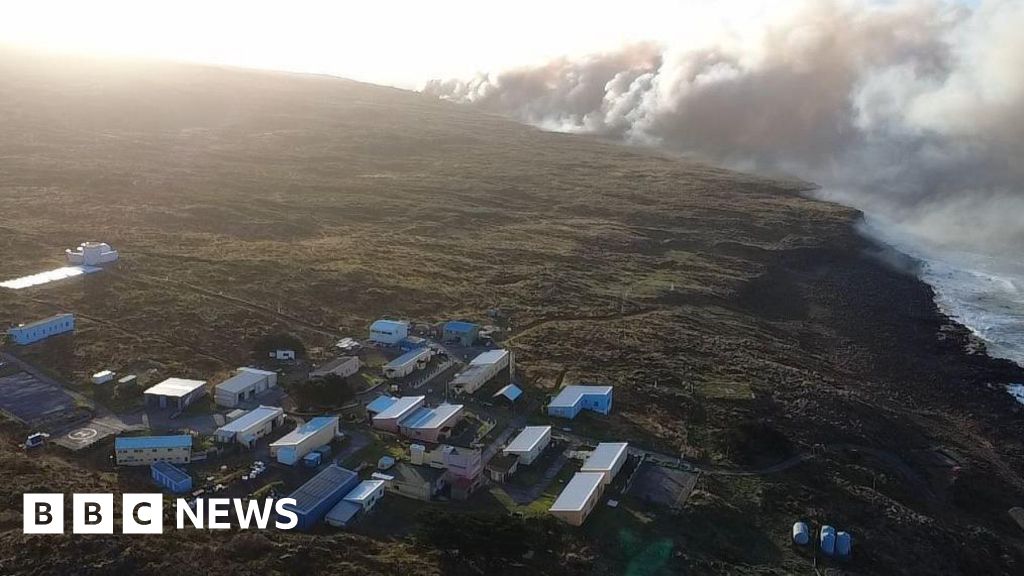Japan’s Nikkei slumps more than 10 percent in worst losses since 1987 | News
Fears about the health of the US economy are hitting Japan’s stock market and share indices around Asia.
Japanese stocks have recorded their biggest losses since October 1987, extending last week’s sell-off spurred by concerns the United States’ economy may be in weaker health than previously thought.
The Nikkei share average was down 10.01 percent or 3,595.30 points to 32,314.40 in the early afternoon, its lowest in months.
The index has dropped sharply from its peak in July, and is on course for its biggest two day plunge ever.
“Domestic equities tanked purely because of the worries that the US economy may be heading to a recession,” said Shoichi Arisawa, general manager of the investment research department at IwaiCosmo Securities.
US stocks sold off for a second straight session on Friday after a weak jobs report raised fears of an oncoming recession and expectations that the Federal Reserve will make a hefty rate cut in September.
The prospect of lower interest rates weighed on the dollar, boosting the yen.
The Japanese currency was up nearly 1 percent at 145.11 per dollar after touching its highest since mid-January of 144.76 earlier in the session.
“I think the dollar-yen will shift to the 140-145 zone because of the worse-than-expected non-farm payroll and Middle East tensions,” said Ryota Abe, an economist with SMBC in Singapore.
“The stronger yen will also weigh on the Nikkei as corporate margins will fall, as many corporates did not expect such a sharp and sudden rise of the Japanese yen at all.”
Yen surges 10 percent as Bank of Japan hikes rates
The yen is up 10 percent against the dollar in just over three weeks, driven in part by the Bank of Japan’s interest rate rise last week.
“The question now is whether we keep selling stocks or buy them back,” said Seiichi Suzuki, chief equity market analyst at Tokai Tokyo Intelligence Laboratory.
“I think the market will be unstable till around October, but I would buy them back now because the fundamental factors that lifted the index to its peak have not changed,” he said, citing corporate governance reforms.
The Nikkei’s biggest single-day rout was a plunge of 3,836 points, or 14.9 percent in a drop dubbed ‘Black Monday’ in 1987. The benchmark is now at about the level it was a year ago.
Meanwhile, Indian shares tumbled about 2 percent on Monday in their steepest intraday drop in two months, and Taiwan’s benchmark plummeted 7.9 percent to its lowest since late April, its worst intraday drop since May 2021. Equities in South Korea lost more than 5 percent in their worst fall since the onset of the COVID-19 pandemic in March 2020.
In Southeast Asia, the Singaporean benchmark fell 3.6 percent to mark its worst day in more than two years, while stocks in Indonesia and the Philippines lost about 2 percent.
Check out our Latest News and Follow us at Facebook
Original Source







